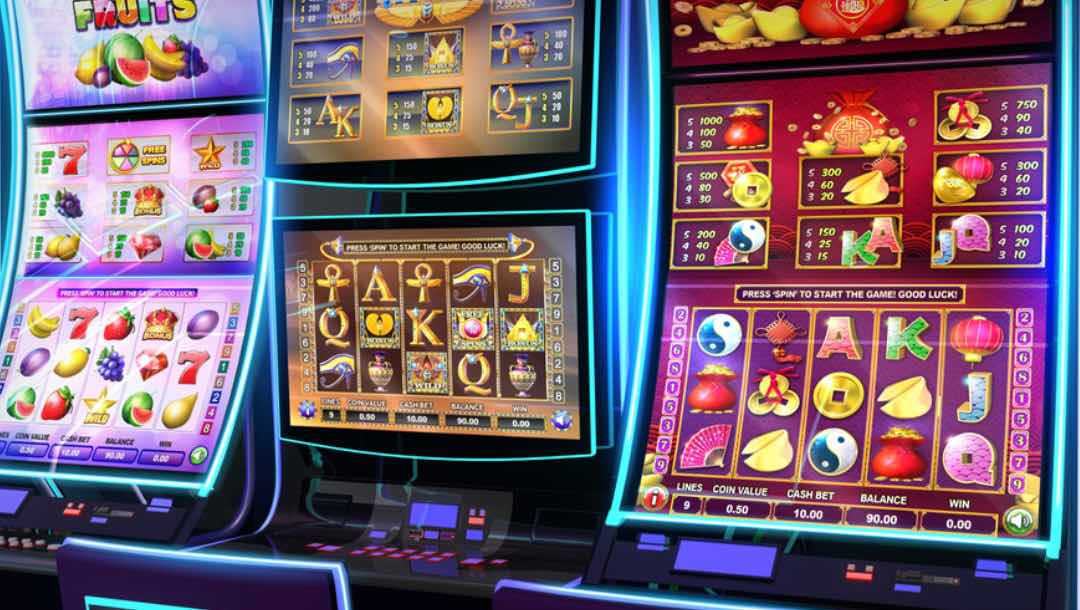Slot games have come a long way from their humble beginnings in the late 19th century. Initially conceived as mechanical devices in smoky saloons, they have evolved into sophisticated digital experiences enjoyed by millions of players worldwide. This article explores the fascinating journey of slot gacor games, highlighting their technological advancements, cultural impact, and enduring appeal.
The Birth of the Slot Machine
The first slot machine, the Liberty Bell, was invented by Charles Fey in 1895. This mechanical marvel featured three spinning reels adorned with symbols like horseshoes, diamonds, spades, hearts, and the Liberty Bell itself. Players would insert a coin and pull a lever, setting the reels in motion. If the symbols aligned, they would win a payout. The simplicity and excitement of the Liberty Bell quickly made it a hit, leading to the proliferation of similar machines in bars and saloons across America.
The Golden Age of Mechanical Slots
Throughout the early 20th century, slot machines became increasingly popular. Manufacturers introduced new features, such as multiple paylines and different types of symbols, to keep players engaged. The iconic fruit symbols – cherries, lemons, plums, and bars – emerged during this era, becoming synonymous with slot games. Despite their growing popularity, these machines faced legal challenges, with many states banning them outright. However, their appeal was undeniable, and they continued to thrive in casinos and other gambling establishments where they were permitted.
The Digital Revolution
The 1970s marked a significant turning point for slot games with the advent of electronic gaming technology. The first video slot machine, Fortune Coin, was introduced in 1976 by Walt Fraley. This machine used a modified 19-inch Sony TV to display the game, replacing the mechanical reels with a digital screen. The transition to video slots allowed for more creative freedom, enabling developers to incorporate engaging themes, intricate graphics, and bonus features.
The rise of the internet in the late 1990s brought another transformative shift. Online casinos began to emerge, offering a convenient way for players to enjoy their favorite slot games from the comfort of their homes. The digital format also meant that game developers could experiment with innovative designs and features, leading to a new era of online slot games with diverse themes, storylines, and interactive elements.
The Mobile Gaming Boom
The proliferation of smartphones and mobile devices in the 21st century further revolutionized the slot gaming industry. Mobile casinos and dedicated gaming apps made it possible for players to access their favorite slots anytime, anywhere. This increased accessibility, coupled with advancements in mobile technology, led to the development of high-quality mobile slot games with stunning graphics and seamless gameplay.
Mobile slots often feature touch controls, enhancing the interactive experience. Players can swipe, tap, and drag to spin the reels, trigger bonuses, and navigate the game. The convenience of mobile gaming has significantly broadened the demographic of slot players, attracting a younger and more diverse audience.
The Future of Slot Games
As technology continues to advance, the future of slot games looks promising. Virtual reality (VR) and augmented reality (AR) are poised to create even more immersive gaming experiences. Imagine stepping into a virtual casino where you can interact with other players, explore different games, and experience the thrill of a real-life casino from your living room.
Artificial intelligence (AI) is also set to play a crucial role in the evolution of slot games. AI can analyze player behavior and preferences, offering personalized recommendations and tailored gaming experiences. This level of customization can enhance player engagement and satisfaction, making slot games even more appealing.
